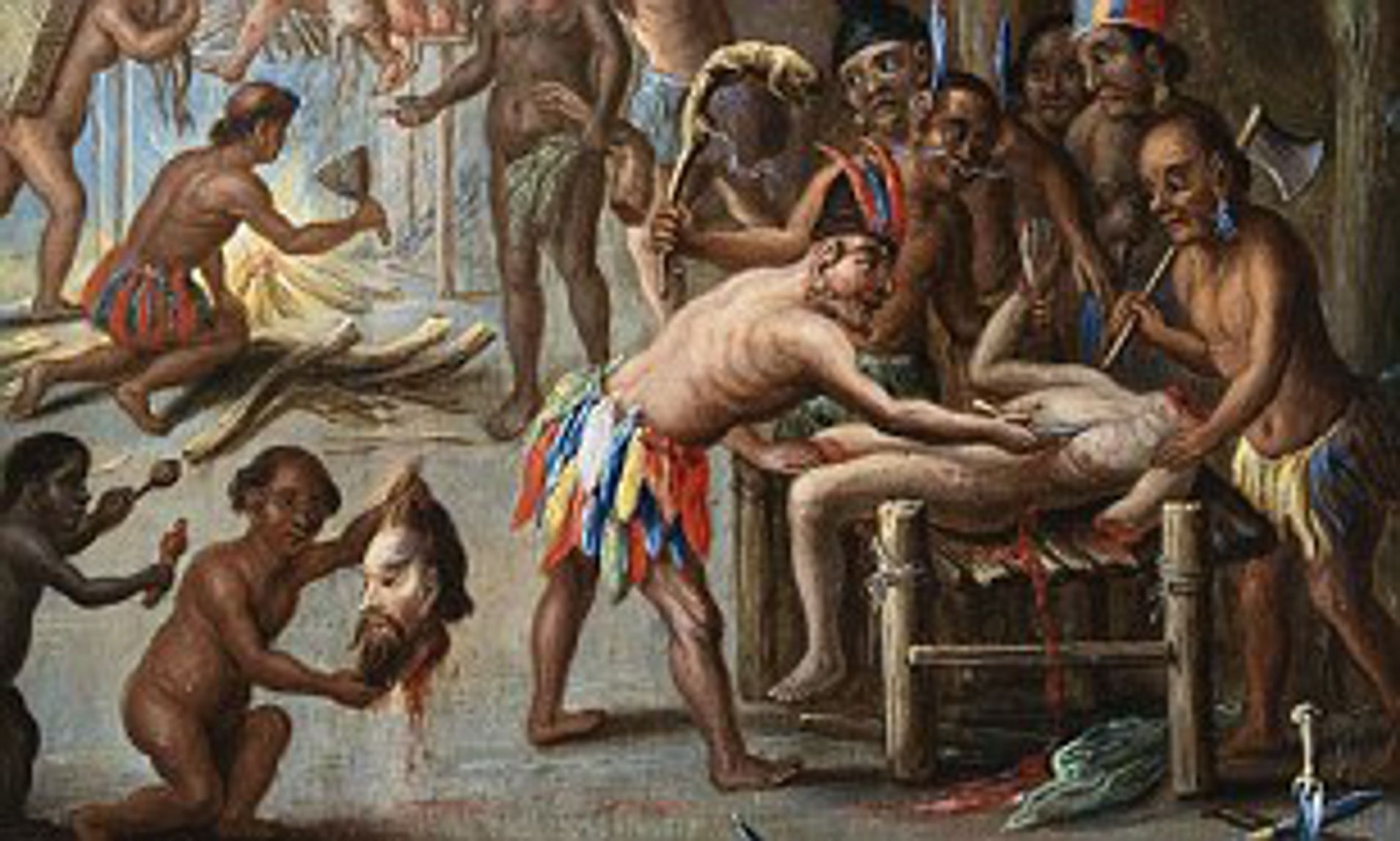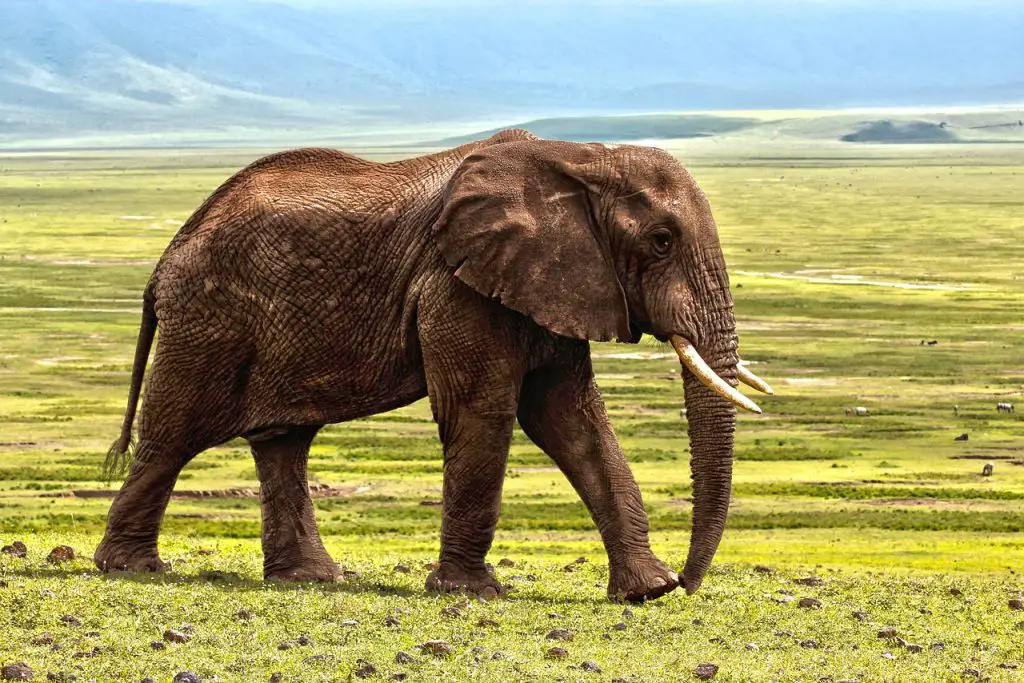 gypt witnessed one of the ugliest and worst natural disasters in its history nine centuries ago, during its medieval era. This disaster was related to the Nile River, the river on which Egypt depends for its existence and survival. However, three years passed without the Nile flowing, which caused this great tragedy.
gypt witnessed one of the ugliest and worst natural disasters in its history nine centuries ago, during its medieval era. This disaster was related to the Nile River, the river on which Egypt depends for its existence and survival. However, three years passed without the Nile flowing, which caused this great tragedy.

It was a stroke of luck for history that one of the greatest scientists and travelers who visited Egypt in that era witnessed the horror of those events. He was the chemist and botanist Abdul Latif al-Baghdadi. His pen recorded them accurately, which reflects his scientific, intellectual, and cultural status.
Abdul Latif Al-Baghdadi, the Scholar and Traveler

Muqaffad al-Din Abdul Latif ibn Yusuf ibn Muhammad was born in Baghdad in 557 AH/1162 AD, the capital of the Abbasid Caliphate and a home to science and scholars. He came from a family that originated from Mosul, and he grew up in Baghdad like his peers. He memorized the Qur’an, studied hadith, and memorized poetry and Maqamat. He was attracted to studying chemistry and medicine, and he immersed himself in their study and specialization until he became one of the most brilliant physicians and chemists of his time. He wanted to increase his knowledge, so he decided to travel to Khurasan in the east of the Islamic world to gain what they had.
In Egypt, People Are Eaten!

Abdul Latif al-Baghdadi recorded these events in his book “The Wonders of the World and the Lessons of the Journey.” Due to the severity and horror of what he narrated, the fame of this book, or the description of this journey, spread and was translated into several European languages. The Russian orientalist Ignatius Krachkovsky, in his important book “The History of Arabic Geographical Literature,” believes that the value of this book stems from the fact that al-Baghdadi was a doctor and researcher, and that his documentation of what he saw is important because of his keen observation and composure.
Abdul Latif al-Baghdadi witnessed the effects of famine and plague on the Egyptians and the length of the crisis that forced them to resort to eating human and animal meat. They were forced to eat “dead animals, carrion, dogs, donkeys, and dung, and then they went beyond that to eating young children. Many times, they were found with roasted or cooked children, and the police chief ordered the burning of the perpetrator and the eater.”
Al-Baghdadi saw atrocities in those months. The situation in Egypt in the years of famine, drought, and low Nile had reached the point where people hunted the weak, women, and children and ate their meat. He even saw a corpse that had been stripped of flesh, leaving only a skeleton. His medical instinct led him to say that the physician Galen, one of the pillars of Greek medicine and a reference for physicians at the time, had not seen such a skeleton in his writings on human anatomy. He said that such a skeleton that appeared in the years of famine and drought is what every physician and researcher in anatomy would wish to see.
Al-Baghdadi saw that incidents of cannibalism in the first months of famine and drought were something that was abhorred by the people of Egypt. But as the days passed, the conditions worsened, and food and money became scarce, the people became accustomed to this heinous act, considered it normal, and dared to do it openly without fear of the sultan or governor. He narrates what he saw with his own eyes and what was not told to him. He saw a woman in one of the markets busy eating a roasted baby. The people attacked her, not for what she was doing, but to take the roast from her. He saw two young men eating a roasted boy on the side of the road. They confessed to their crime without a twinge of conscience or pain. Some women told him that they defend their children from those who attack them to kidnap them for roasting and eating.

The crime and hunger of the people reached an unbelievable level, to the point where neighbors even ate each other. A midwife came to the judge terrified, saying that she was invited to childbirth, and they served her a plate full of meat and spices. But she noticed that it was not like the usual meat, so she was disgusted. She was able to ask a young girl in private about the secret of this meat, and the girl told her that “Fulanah the fat woman came to visit us, so my father slaughtered her and now she is hanging in pieces.” The midwife went to the closet and found it full of meat, then she ran out of the house and went to the governor, who sent his soldiers to attack the house and arrest the people inside.
Abdul Latif al-Baghdadi recounts his words about this dangerous phenomenon that occurred in Egypt in the years of drought and famine as if he realized that the reader might not believe his account of these bloody events. He says: “If we did not mention everything we see and hear, we would be accused of falsehood or nonsense. All that we have narrated is what we witnessed, and we did not intend it, nor did we follow its sources. It is something that we encountered by chance. I often ran away from seeing it because of the ugliness of its sight.”
Abdul Latif al-Baghdadi, traveler, physician, and chemist, left behind one of the most fascinating and informative biographies of his era. His journey through Egypt and the region in the early 13th century AD was a treasure trove of scientific and archaeological discoveries, which he meticulously recorded in his book, “The Wonders of the World and the Lessons of the Journey.”

I started writing as a way to record my experiences and thoughts. I was always fascinated by the power of stories to transport people to other worlds and to help them understand themselves and the world around them. I wanted to use my writing to create those same kinds of experiences for others.





